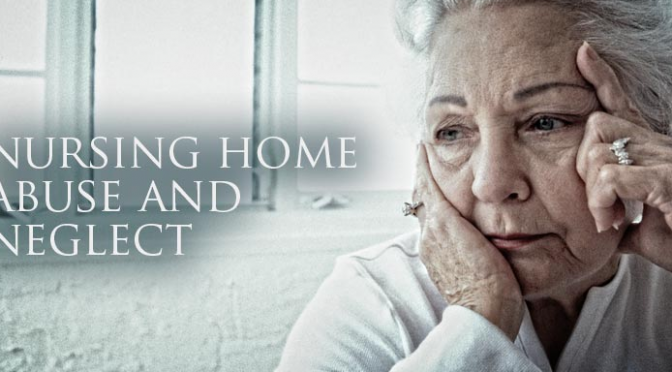Hit and Run Lawyers: Hit and Run Charges!
Best Hit and Run Lawyers
Call Us 24 Hours A Day 800-270-8184 or Emergency Cell 818-355-4076
Find A Hit and Run Attorney
Taking Hit and Run Cases
If you have been involved in a hit and run traffic accident, regardless of whose fault it may have been, you may have gotten worried, and or did not know where to stop or whom to contact, and your left the scene of a collision without exchanging the pertinent information, so now what. The most important decision following a hit and run accident is that in finding an experienced hit and run defense attorney that can and will punctually help you.
Wise Laws hit and run defense attorney that represents most areas within America. We are very knowledgeable and can recognize the use of successful and winning strategies, in many circumstances, makes all attempts at resolving the matters of hit and run incidents before any criminal charges are to be filed. The aspect and route of civil options, is only open for a short amount of time, before law enforcement concludes their investigation. There are so many various reasons that a hit and run case can occur or happen. Do not make your situational circumstances worse by trying and attempting to resolve it on your own without the help of a legal hit and run professional.
Continued Arrest Hit And Run Information
The driver of any vehicle involved in an accident resulting in injury to any person, or in the death of a person, shall immediately stop the vehicle at the scene of the accident, as stated by law. When this law is violated, the violator is subject to jail time and up to $10,000 in fines. In the case of the hit and run accident resulting in death or any other serious injury, the violator is subject to prison time and hefty fines, and extensive restitution orders.
Tallahassee Hit and Run Lawyers – Orlando Hit and Run Lawyers – Dallas Hit and Run Lawyers – Fort Worth Hit and Run Lawyers – Honolulu Hit and Run Lawyers – Boise Hit and Run Lawyers – Bismarck Hit and Run Lawyers – Grafton Hit and Run Lawyers – Raleigh Hit and Run Lawyers – Durham Hit and Run Lawyers – Santa Fe Hit and Run Lawyers – Albuquerque Hit and Run Lawyers – Albany Hit and Run Lawyers – Phoenix Hit and Run Lawyers – Peoria Hit and Run Lawyers – Las Vegas Hit and Run Lawyers – Louisville Hit and Run Lawyers – Little Rock Hit and Run Lawyers – Los Angeles Hit and Run Lawyers – Miami Hit and Run Lawyers – Des Moines Hit and Run Lawyers – New Haven Hit and Run Lawyers – Indianapolis Hit and Run Lawyers – Detroit Hit and Run Lawyers – Joplin Hit and Run Lawyers – Biloxi Hit and Run Lawyers – Oklahoma City Hit and Run Lawyers – Portland Hit and Run Lawyers – Sioux Falls Hit and Run Lawyers – Nashville Hit and Run Lawyers – Memphis Hit and Run Lawyers – Houston Hit and Run Lawyers – Tacoma Hit and Run Lawyers – Minneapolis Hit and Run Lawyers – Provo Hit and Run Lawyers – Tulsa Hit and Run Lawyers – Annapolis Hit and Run Lawyers –Sacramento Hit and Run Lawyers – Denver Hit and Run Lawyers – Charlotte Hit and Run Lawyers – Boston Hit and Run Lawyers – Olympia Hit and Run Lawyers – Atlanta Hit and Run Lawyers – Santa Monica Hit and Run Lawyers – Malibu Hit and Run Lawyers – Tucson Hit and Run Lawyers – Scottsdale Hit and Run Lawyers – Beverly Hills Hit and Run Lawyers – Boca Raton Hit and Run Lawyers
Depending on the significance of a traffic accident, an accused person’s prior criminal record, and whether another person was injured physically, a hit and run charge can be filed as either a felony and or misdemeanor. Minor hit and run accidents with very little property damage and no physical injuries are typically charged as only misdemeanors. If a hit and run accident results in body injury or death, it will generally be filed as a felony charge. These Felonies hit and run cases and charges are generally punished more severely than misdemeanor violations. Possible jail time and hefty fines vary in hit and run cases, taking into consideration the specifics of each and every case.
So if you are facing hit and run charges or accusations, please contact Wise Laws and our hit and run legal defense team
24 Hours 7 Days per week LOCAL Lawyer For Hit and Run
Why not call the best lawyer for Hit and Run charges?





